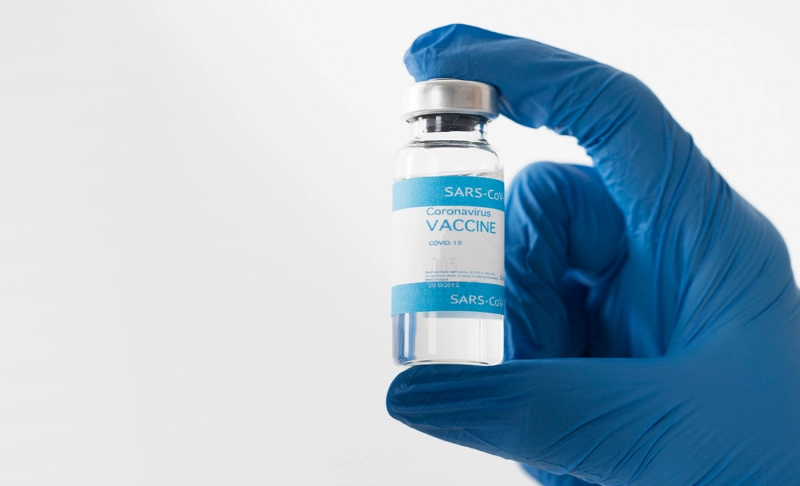By: Rachel Muller-Heyndyk
August 31 2021

While mass inoculation of this age group has not yet been approved in the U.K., this is not due to safety concerns of COVID-19 vaccines.
While mass inoculation of this age group has not yet been approved in the U.K., this is not due to safety concerns of COVID-19 vaccines. A campaign from the anti vaccination group UK Freedom Project is encouraging parents to take legal steps to ensure their children are not vaccinated. A post on Facebook with a link to the page for the campaign has been shared at least 250 times over the past 24 hours and has been viewed at least 16,000 times (as of 31 August 2021). The authors of the campaign's page state that COVID-19 vaccines are still in phase 3 trials, and that "The case for rolling out an experimental medical treatment to children who stand to gain no direct benefit from it would appear to be weak at best." At present, 16 and 17 year olds in the U.K. are eligible to receive their first shot of the COVID-19 vaccine. Vaccines have been recommended to vulnerable children and young adults between the ages of 12 and 15 who are at higher risk of illness from COVID-19 due to severe disability, Down's syndrome, multiple learning difficulties or a weakened immune system, according to the BBC. The U.K. government has not yet confirmed plans to roll out COVID-19 vaccines to all persons within the 12 to 15 age group, but has said that it is a possibility. The Joint Committee on Vaccination and Immunisation (JCVI) has reportedly so far been cautious over the issue of whether to roll out vaccines to those younger than 16, although several media reports suggest that the government has encouraged them to do so. Meanwhile, the European Medicines Agency (EMA) approved the use of the Pfizer vaccine for children aged 12-15. France were one of the countries to approve the vaccine in young adults, where 56 per cent of 12-17 year-olds have already had their first shot of the vaccine. It is true that it is extremely unlikely that children and young people will become seriously unwell from COVID-19. According to a study from the University College London (UCL), the probability of a child dying from COVID-19 is approximately two in one million, and there is a one in 50,000 chance of a child being admitted to ICU with COVID-19. However, researchers are still unclear on children and young people's role in transmitting the virus to others. A study from Imperial College London found that a spike in the number of infections from the Delta variant in May to June 2021 was likely driven by children and young people. Prof Mike Tildesley, an infectious disease modeller at the University of Warwick, told the BBC that there is a risk that infections could again rise once schools re open in September, but there is no guarantee of this. The New York Times reported that for "every million doses of the second shot given to 12- to 39-year-olds, there were 14 to 20 extra cases of the heart problems". The link between myocarditis and the vaccine in young people is still being investigated. While the JCVI has been cautious in their approach to approving vaccines among persons younger than 17, this does not suggest that vaccines are unsafe or that rolling them out would pose a risk to the health of the young people. Far from "experimental", vaccines have been through rigorous testing and must meet the standard of regulators before they can be approved for public use. The World Health Organization (WHO) states that it is not possible to protect every vaccinated person from COVID-19 or to ensure that no one experiences adverse reactions from COVID-19 vaccines, but that ensuring a high percentage of the population is vaccinated is extremely effective in reducing the numbers of hospitalizations and deaths caused by COVID-19. The content within the link makes a number of generalisations and exaggerations on COVID-19 vaccines and is misleading in its reasoning behind hesitancy in rolling them out to people younger than 16. The practicalities and research on vaccines in young people is ongoing. This is to be expected, and does not suggest that vaccines are unsafe or experimental.